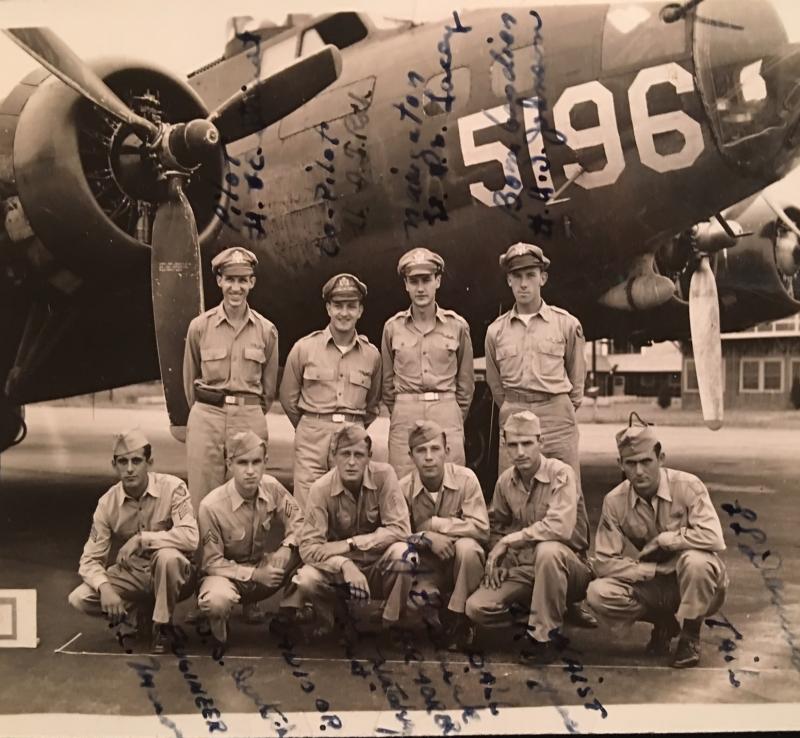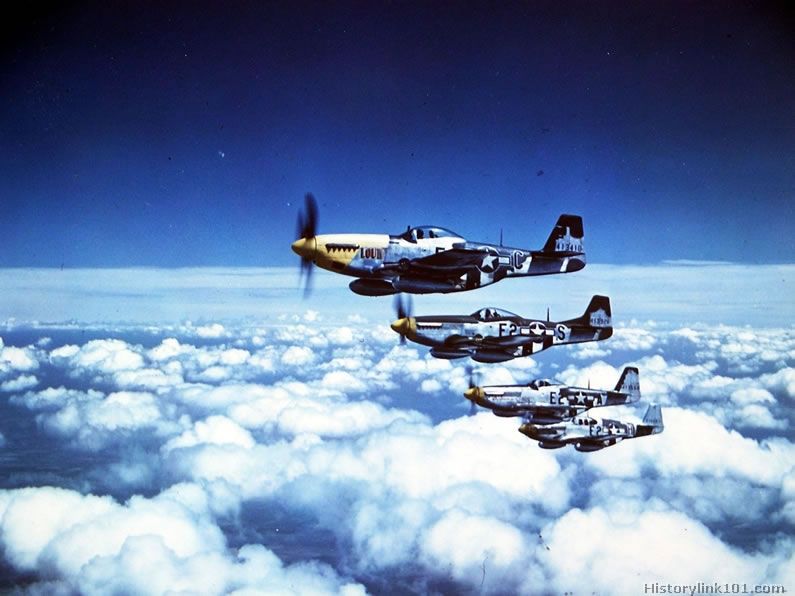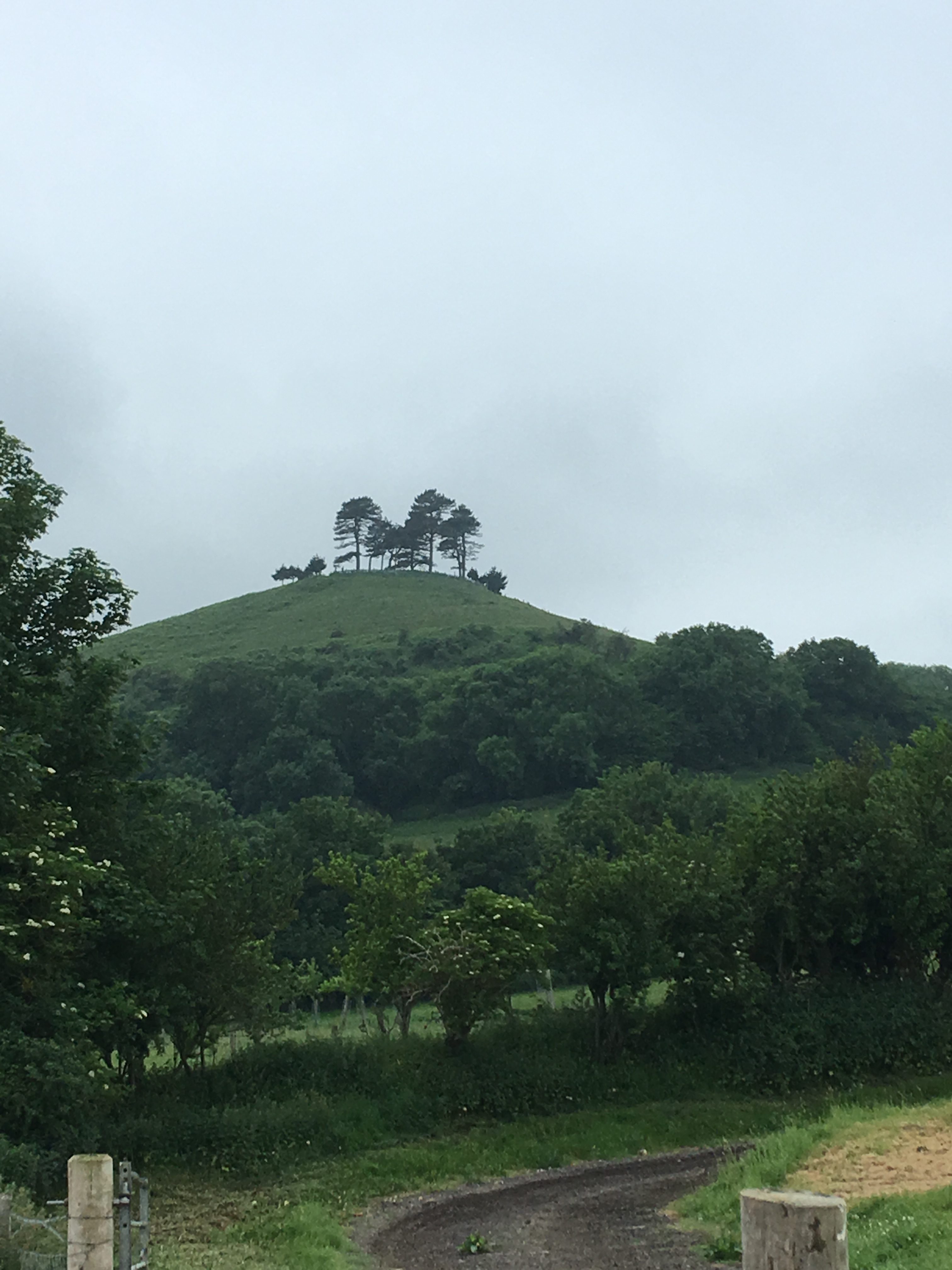I’m not going to apologise for the capital letter. It’s the way I was taught. And I never heard Hunter Thomson asked to check caps in any of the Biblical quotes he used to litter his prose with, before the sexual assault case. His, not mine, you understand.
Wilt thou set thine eyes upon that which is not? For riches certainly make themselves wings; they fly away as an eagle toward heaven.
It’s from the Book of Proverbs, 23.5. You knew that anyway, didn’t you? It’s the inscription on a memorial to the 82 men who died at Leiston airfield between 1943 and 1945. And it’s wrong. I was at another memorial today, to the eight Americans who died when their B17 put down in the River Deben. Some of the memorial to them was wrong as well.

It sounds really good, the last part of that quote. But what happens when you only take the bits you like isn’t pretty. Especially when you try to quote the Bible as authority. Slap that on a memorial and God said it. Or at least, King James. Except neither of them did. The quote means sic transit gloria mundi. You can’t take it with you. And you don’t know what you got till it’s gone, to mix my metaphors with a liquidiser.
What it doesn’t mean is that those dead men flew away as eagles. A huge number of them crashed into each other. A lot got disoriented in cloud down to a couple of hundred feet and went to the bottom of the North Sea. According to the pilot I met and talked to, their airplane had a bad habit of shedding its left wing if you pushed it into a turn.

Today at Ramsholt in Suffolk it’s the 75th anniversary of the day a wartime B17 airplane crashed into the river on fire. It had flown for just six minutes from Debach airfield. The river looks shallow, like a lot of Suffolk rivers, but it’s about twenty feet deep at high tide at that part. More than enough to drown you if you’re weighed down in sheepskin jackets, boots, jumpers, gloves and canvas and metal body armour. Only two of the crew got out alive, the pilot and the flight engineer who’d been standing behind him.
It was a touching, simple ceremony. First the landlady of the Ramsholt Arms introduced the event. The vicar of Ramsholt, his little parish church lost in the trees, lonely where its flock of medieval houses had long since dissolved into the fields again, said some prayers. The local school children read poems they’d written to mark the anniversary. The man from Debach airfield museum who’d played a big part in organising the event said his bit, then the daughter of the pilot spoke. She told how her father had never mentioned the war; how she’d only found out about what happened a couple of years ago, online, almost by accident. The son of the flight engineer spoke too.
A piper played Flowers of the Forest, then two US aircraft from RAF Mildenhall flew past, slowly up the river at about 500 feet. It wouldn’t have been in the best taste to have flown down the river from the direction of Debach airfield, recreating the flightpath.
Hey, lookit, this is pretty much exactly how your dad put the plane into the water and killed nearly all his crew! We’re gonna skip the last part if that’s ok, ma’am.
The band played the Star Spangled Banner and the wind blew.
The poor woman whose father survived (and how are you going to tell your kids that story? “Did I ever tell you about the time I drowned eight kids only a couple of years older than you?” Aw Dad, we heard that one so many times already…) kept it together almost until the very end before the tears came.
It was packed. There were cars parked up all the way along the lane. Children, old people, a detachment from the Air Assault Battalion lead by a young Captain drinking coffee in the pub afterwards, families, definitely not just ghouls and re-enactors.
It was exactly the kind of thing that should happen, a serious remembrance of people who didn’t want to die but weren’t given much of a choice about it, who had to die, too soon, one day a long time ago. A living memory in a place almost forgotten.
It was exactly the kind of thing the local primary school should have been and were involved in. Teaching children what happened where they live gives them a grounding about who and where they are, even if it’s just knowing that Kansas is a good place to be from.
Nobody expected primary school kids’ poetry to be something Coleridge would have been happy to knock out. Nobody expected under-tens to declaim poetry in public in a cold wind gusting 40 mph the way John Betjeman would have aspired to. That wasn’t what I objected to.
It was the silliness. And the lie they repeated. Not dulce et decorum est but something more jarring. And just as untrue.
“They felt no fear.”
Sorry, but they did. I’ve talked to WW11 pilots, to soldiers who served in Iraq and Afghanistan, to a Vulcan jet bomber pilot and they all say the same thing: anyone who says they weren’t afraid either has something wrong in their head or they’re a liar. Or maybe both.
It’s no insult to eight young Americans – or anyone else – to tell the truth. If you’re sitting inside thirty-five tons of petrol and metal on top of six tons of bombs, your airplane is on fire and you’re crashing into the river then you are going to be scared witless.
We do remember them here. You don’t get the choice in Suffolk, where there’s a wartime airfield every ten miles. But let’s remember them as real people, each one of them a man, not Superman.





